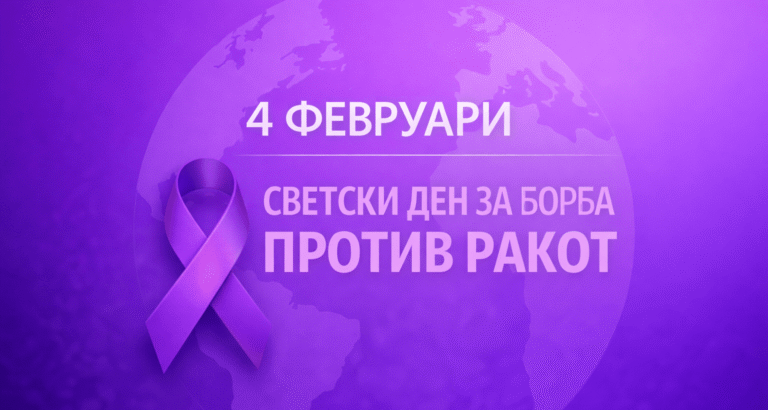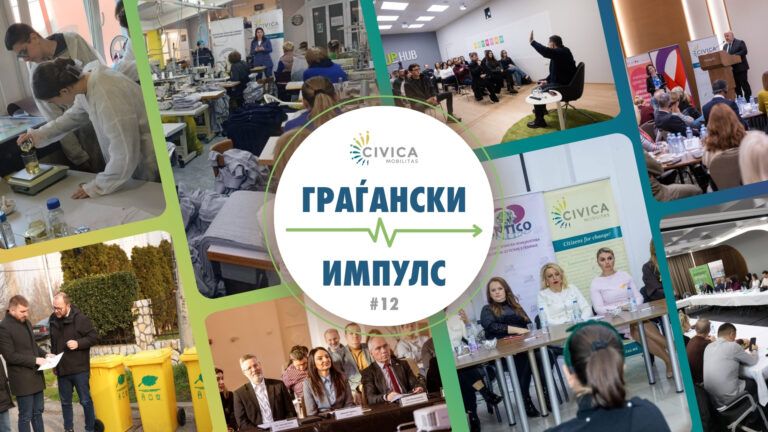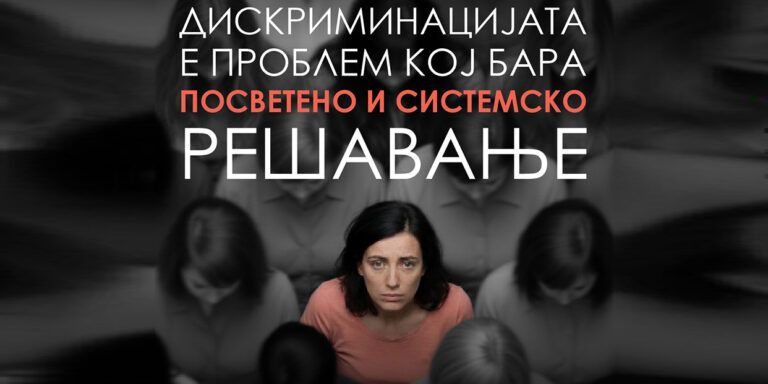“Learning to permanently live together is a challenge!”
“There is not a situation or a problem that cannot be overcome if there is a critical mass of reasonable people, and I have found them in the civil sector, Liljana Popovska said in addition to other things at today’s (19.10.2017) promotion of her publication “Multicultural connections in the civil sector in the Republic of Macedonia – impact on the public policies and social cohesion”.

According to her, multiculturalism and civil sector are obvious challenges of the time in which we live. “Some events happen to us in cycles, and it is important to foresee them and intervene before they happen”, she added.
Saso Klekovski, as one of the promoters, stressed that the number of authors who write about the civil society is small, an it is especially important when the whole sector is stigmatized. He referred to the cooperation of the civil sector with the institutions, which, as he said, would be a great challenge. “In our society, there is a perception being created that the civil sector is the one to deliver services. In fact, the institutions are the ones that should deliver services, and the civil sector is here to offer solution”, he added. Referring to the study about the Macedonian Women’s Lobby, which is part of the publication, Klekovski suggested that this good experience be replicated to other topics in the sector, but also out of the civil sector. “The success of MWL is due to the values, which have been nurtured in this society by generations”.

The MP in the Parliament of RM, Gulumser Kasapi also talked at the promotion, and she referred to the study about MWL and the results achieved by their activities. The promotion was moderated by Aleksandar Krzalovski, first Executive Director of the Macedonian Center for International Cooperation, and a National Team Leader of the Civica Mobilitas team.
The publication contains research developed on the basis of interviews with relevant respondents active in important multicultural networks and movements and a case study about the Macedonian Women’s Lobby. This organization united the women in a combat for greater rights, overcoming the political, ethnic, and religious differences, making a strong impact on the public policies by involving four types of gender quotas in election laws.

The publishing of this publication is supported through Civica Mobilitas, a project of the Swiss Agency for Development and Cooperation (SDC) implemented by the Macedonian Center for International Cooperation (MCIC), NIRAS from Denmark, and SIPU from Sweden.






![Sre]ni praznici(2)](https://civicamobilitas.mk/wp-content/uploads/2025/12/sreni-praznici2-768x432.jpg)
